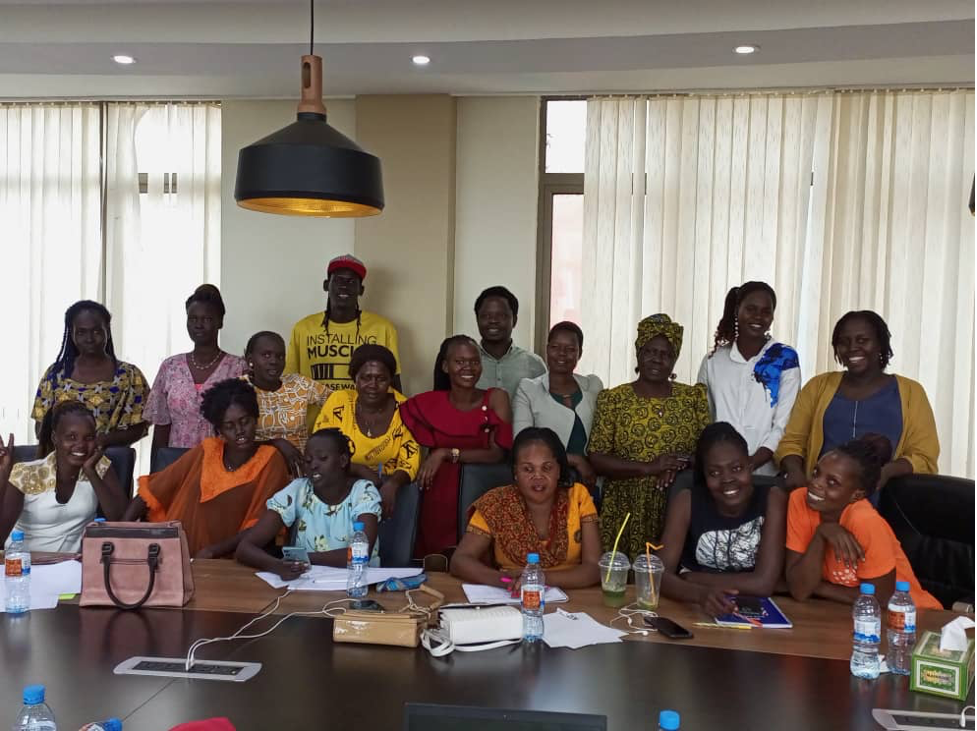The Community Empowerment for Progress Organization (CEPO) has launched an initiative to promote collaboration and coordination among women human rights defenders in Juba.
The training that attracted 20 participants engaged in women’s rights, land rights, gender- based violence, disability rights, civil, political, social and economic issues.
“This platform will be of a great advantage on safety, security and protection of women human rights defenders and activities across South Sudan,” Edmund Yakani, the Executive Director of CEPO said in a statement issued in Juba on Friday.
Yakani said the platform will prioritize the protection of women human rights defenders and activists.
The formation of Women Defenders Protection Net (WDPN) emerged at the end of a three-day training organized by CEPO with support from Foundation Open Society Institute (FOSI).
Yakani said women human rights defenders often face the same types of risks as all defenders who work to uphold the rights of people, communities and the environment.
He said that women are exposed to gender-specific risks and are targets of gender-based violence.
“This may be due to the fact that women human rights defenders are perceived as opposed to accepted sociocultural norms, traditions and stereotypes about femininity and the role and status of women in society,” Yakani said.
Elizabeth Daniel Lubanga, the Access to Justice Officer at CEPO said that human rights defenders continue to be victims of deep inequality, discrimination and abuse since they are frequently the targets of social and political hostility.
“The aim of the workshop was to strengthen the capacity of WHRDs and mitigate the impact of online and offline attacks against WHRDs, provide knowledge on mitigating gender-based attacks, criminalization of their work, as well as offer practical strategies for enhancing WHRD’s safety on and offline,” she explained.
The training tackled the basic safety tools for preventing and responding to attacks as well as the Cybercrimes and Computer Misuse Provisional Order 2021.
“Our governments should therefore make an effort to create a safe, enabling and secure environment for women human rights defenders so that they can participate appropriately in the development of this country,” stressed Lubanga.
Meanwhile, Flora Gume from Western Equatoria State (WES) said the women human rights protection initiative will enhance discussions on issues such as gender- based violence, abductions, early and forced marriages among others.
“CEPO should focus on building the capacities of women at the grassroots levels. There is a need to access the capacities of women at the lower levels,” she noted.
For her part Wilma Atuduk, a participant from Eastern Equatoria State (EES) cited cultural stereotypes as a major obstacle to the work of human rights defenders.
“The Women Defenders Protection Network should expand to all states of South Sudan to enable women participation at national, state and grass root levels,” she said.
Women rights defenders often act under the protection of the Declaration on the Right and Responsibility of Individuals, Groups and Organs of Society to Promote and Protect Universally Recognized Human Rights and Fundamental Freedoms, otherwise known as the Declaration on Human Rights Defenders of 1999.











